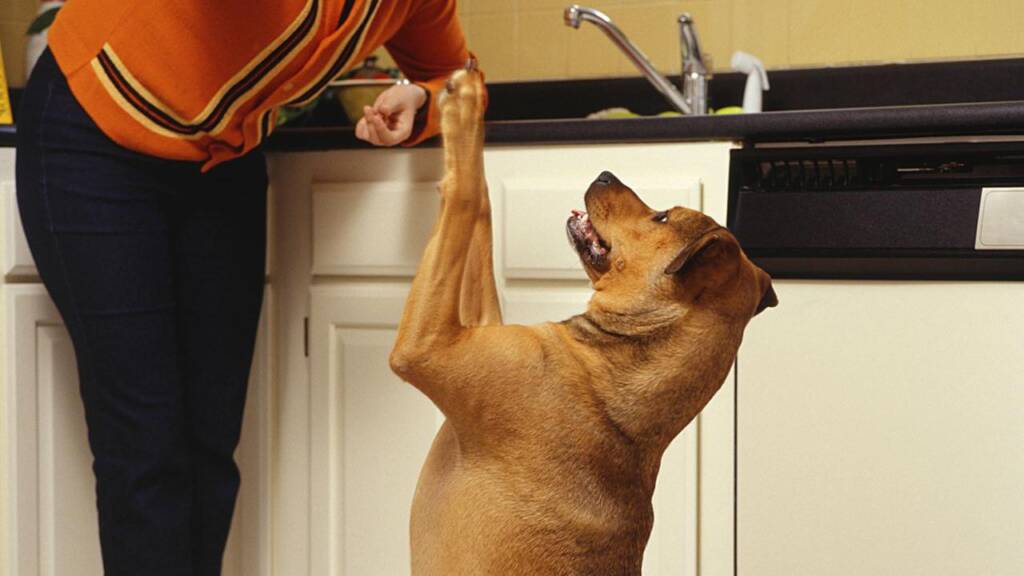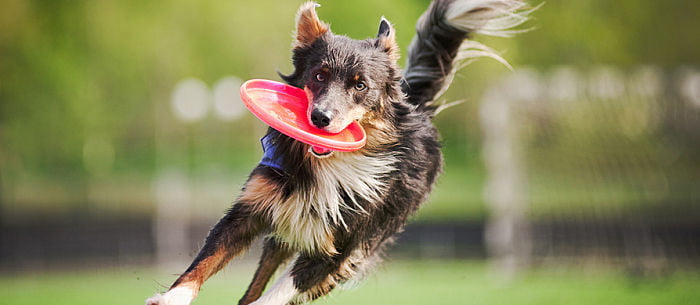Choosing a trainer for your Labrador: When you have so many options available, it can be difficult to choose a good trainer for your Labrador retriever. Despite your desire to teach your pet good manners on your own, you may find it difficult given your busy schedule.
Here are a few tips to help you narrow down your choices for an excellent Labrador training school.
Now let’s get to work.
Tips 1: Consider What YOU Want from a Labrador Trainer.
Consider whether or not the Labrador trainer you choose will offer you and your dog what you want. Even if a good trainer is available in your area, they may only offer group classes when you want private lessons for your pet.
Additionally, they may only provide general obedience training when you want your Lab to receive gun training.
It is also important to keep in mind that some Labrador retriever trainers specialize in certain fields. To ensure you get the results you’re looking for, you must first check with them.
When you need assistance for your dog that has a specific behavior problem, such as aggression or separation anxiety, you should not go for someone who knows general Labrador obedience training.
The goals that you have for your lab can also be taken into consideration. A short-term trainer can teach your Labrador basic obedience for a few months, for example. You would need a long-term trainer if you wanted to enter your dog in competitions.
Tip 2: Pay attention to convenience and cost.
If you want a Labrador trainer who can offer you what you want, you also have to consider whether or not their service is within your budget.
It’s important to consider the long-term implications of this. Will you be able to afford 6 months of training at a Labrador training school near you, even though you might be able to afford the first few sessions?
You should also consider convenience in addition to the cost. You do not want to have to drive for hours just to bring your Lab to his or her lessons.
If you must spend hours on the road to get to the trainer, it might not be worth your time.
TIP 3: Pragmatic Reinforcement
You should look for and choose a trainer who uses positive reinforcement when training your Labrador retriever.
You should find a dog trainer who uses positive reinforcement and treats it as a reward. It can be a wonderful reward for those who own Labradors, especially considering their energetic and enthusiastic nature.
Likewise, food is a quick and effective way to train your Lab, since Labrador retrievers enjoy eating more than any other breed.
A lot of cons can come with negative reinforcement and positive punishment, especially if you are not careful.
Aversive training methods such as shock collars and leash corrections can make your dog fear you instead, create trust issues, and cause anger issues, among other problems.
Tip 4: Confirm their experience level as a good trainer.
You will be better able to make an informed decision if you choose a trainer with the appropriate experience level for your Labrador. But how do you determine the level of experience a trainer should have?
When it comes to obedience training, you might be fine with a trainer who has good skills but does not have much professional training.
In contrast, if you’re looking for a trainer who knows how to work with behavior issues like aggression and teach your puppy not to bite, you might be better off with a trainer who has lots of professional training but less experience.
Tip 5: Verify their certification.
For your Labrador puppies to be properly trained, you need to check for certification by the person you hire. The fact that your trainer has a certification will help put your mind at ease since it proves your expertise.
It is ideal to find a trainer who has a college degree in a field such as animal behavior. If the trainer has any certificates from well-known dog training associations, you should ask to see them.
Tip 6: Get referrals from your friends and family.
You can ask your friends or family members who have well-behaved Labrador retrievers, and they share your similar ethics or personalities if they hired a dog trainer for their little Lab. Referrals are a great way to find a dog trainer who is highly regarded.
You can get honest feedback about your experience from your friends and family. Thus, if you want to choose a trainer for your Labrador retriever, you can use the information they provide to gauge your decision.
Tip 7: Choose a trainer you are comfortable working with.
It is fine to drop off your Labrador and leave them alone with your trainer during their training sessions, but you need to find a trainer who will train your Labrador with you.
It is your responsibility to take care of your Labrador dog for the rest of its life, regardless of whether the training is long-term or just a few months.
Consequently, you need to know how to keep up with any newly learned behavior.
A great dog trainer will keep you informed about your Labrador’s progress. In addition, they will give you advice on what you can do at home to continue your training.
You can help your Labrador remember his or her training by giving him or her training advice that you can use at home.
Tip 8: Watch Your Labrador Trainer Work During Sessions with Your Pet.
If you already have your eye on a certain Lab trainer, we recommend you ask if you can observe one of their training sessions. This is a good way to determine whether you need their help in training your Labrador.
Watch how the instructor rewards and controls the dogs when you observe the class. It is a good sign if the Labrador responds well, and you like the way they train, they will be a good trainer for your pet.
Finally,
The choice of a good trainer is crucial for your Labrador. Whether you need assistance on how to train a Lab puppy with the basic commands or on how to train your Lab puppy not to bite, training will help your Lab become used to acting the way you want them to.
The tips we outlined above are not an exhaustive list, but they provide a good starting point for choosing a good trainer for your Lab.
How do I choose a good dog trainer?
Look for someone who uses the same positive reinforcement with her human pupils that she uses with the dogs. She should be patient, encouraging, and respectful. Try to observe a training class, and watch the dogs and students as much as the trainer to ensure they are all enjoying themselves.
What is the best age to train a lab?
What Age to Start Training Labrador Puppy. Puppy training should start very early–as early as 8 weeks old. If you wait until your dog is older, say 6 months old, you might regret it. “The most critical learning period of a dog’s life is the first six months,” says Robert Milner of Duckhill Kennels.
Are Labradors the easiest to train?
Yes, Labs are typically easy to train. But this is a very active breed and if they don’t get enough regular exercise training can become more difficult. As a dog owner it’s important to understand and respect your breed’s natural instincts and give them outlets to satisfy their natural tendencies.



